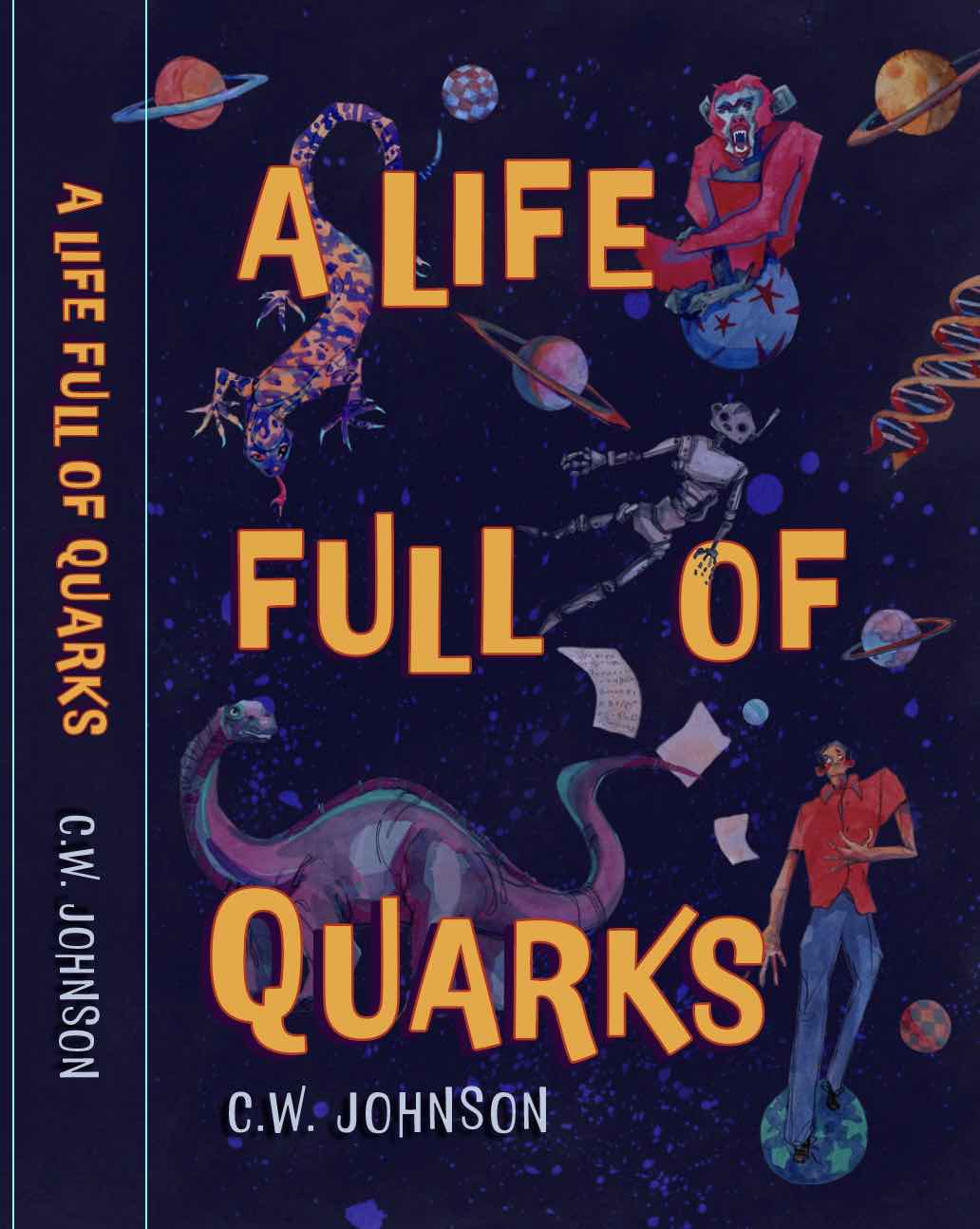Amazon Best Seller!*
You probably know the term "gerrymander." This originates in politics, where politicians draw the boundaries of political districts to achieve a specific result, e.g., dilute the power of their opponents by splitting them across multiple districts.
Although it is not an official definition, I like to use it to mean to define boundaries of any sort to achieve a particular aim. This is fairly prevalent in higher education, where top administrators will find a category in which their school can be in the top 5 or 10. Categories can even be invented. Some years ago, my institution crowed it was a "top five small research university." Since it has over 30,000 students, one has to ask, what is a "small research university"?
It turned out the university had hired consultants to invent this category, defining it as universities with fewer than 15 Ph.D programs. (Even then, we had to cheat to get into the top five, by claiming the records of faculty at other universities but in joint degree programs.) We've since surpassed 15 Ph.D program--for complicated political reasons, my university isn't allowed to compete with more prominent research state universities--and, thankfully, we've dropped this shameful misrepresentation.
It turns out there is a kind of gerrymandering on Amazon rankings as well. As I noted, on the morning of November 20, 2024, my novel was listed as #3 in the category of 'absurdist fiction.'
It didn't take much to get there. I had lowered the price of the e-book to $0.99, and then advertised through the Fussy Librarian, which for a low cost (about $20-30) will post your book on an e-mail blast. This lead to my selling 20 e-books in one day! Of course, for $0.99 I only get 35 cents each (above $2.99 it goes to 65%), so I still only made $7. But with that $7 I can proudly say I was, at least for a brief moment, an Amazon best seller!

